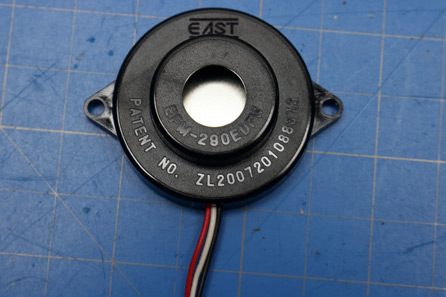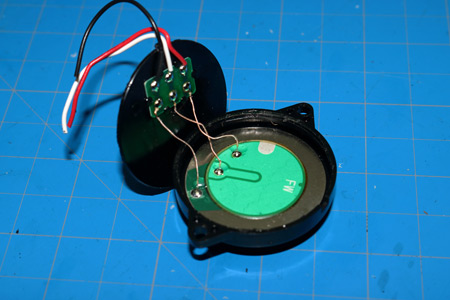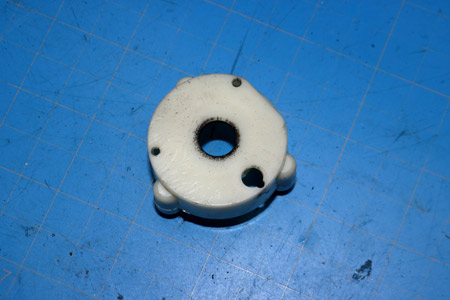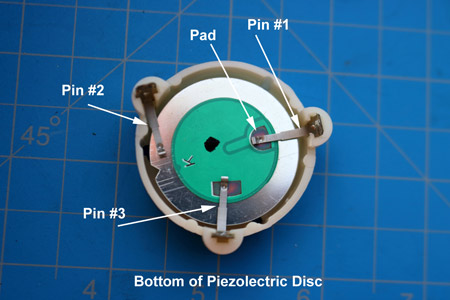
© Dr. Ray Franco, PhD, PE
Vicksburg, MS
Smoke Alarm must have a sound output of 85 dbA at a distance of the 10 feet. Sound level measurements must be taken with a meter that meets ANSI S1.4a, Specifications for Sound Level Meters, Type 2 requirements.
Coming Soon. Please check back later.
The warning sound in household smoke alarms is from a piezoelectric horn. The flat piezoelectric disc inside the horn vibrates when a voltage is applied to it. The vibrating disc pushes on the air, which causes a pressure wave. The pressure sound wave is focused and amplified by the plastic body of the horn.
Below are photographs of BRK’s and Kidde’s piezoelectric horns.




The electrical connections to BRK's horns are via spring-metal pins that make contact to the ceramic side of the disc with the etching. The electrical connections to newer Kidde piezoelectric disc are via small wires that are soldered to the pads. This is ironic, since in it was BRK that in 1992 had a recall because of electrical connections and corrosion on the disc [1].
Everything has a natural frequency that when excited by a force it wants to vibrate at. The natural frequency is determined by its geometry and mass. BRK's and Kiddie's discs are approximately the same size and mass. Their natural frequency is a arround 3,100 Hz.
Coming Soon. Please check back later.